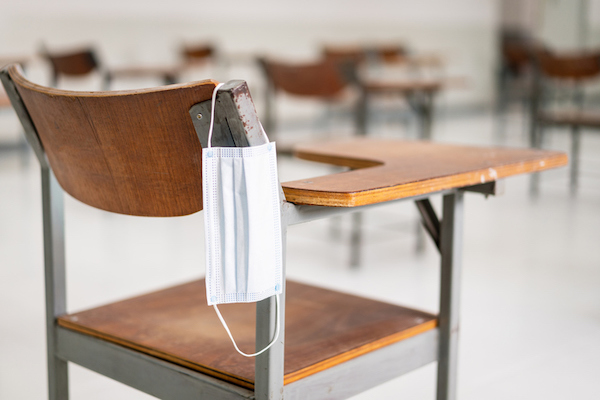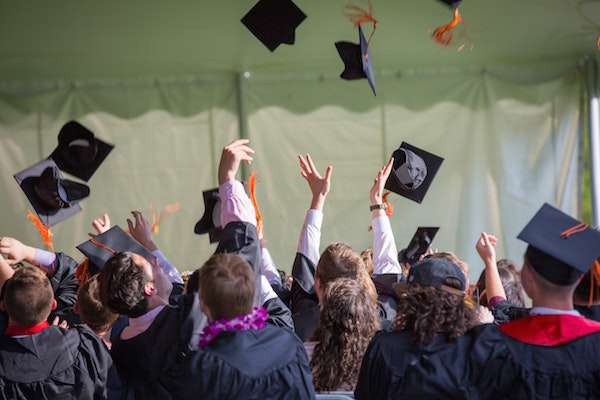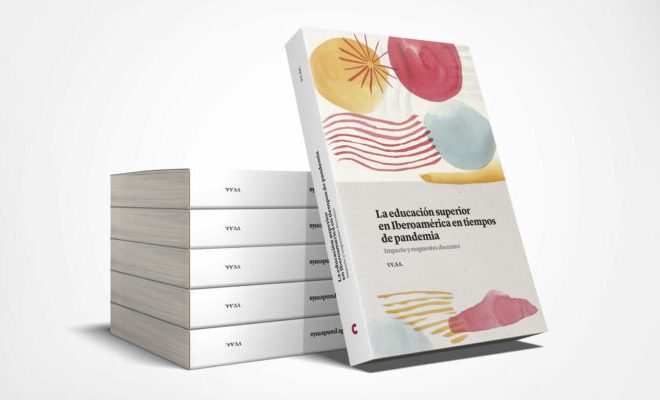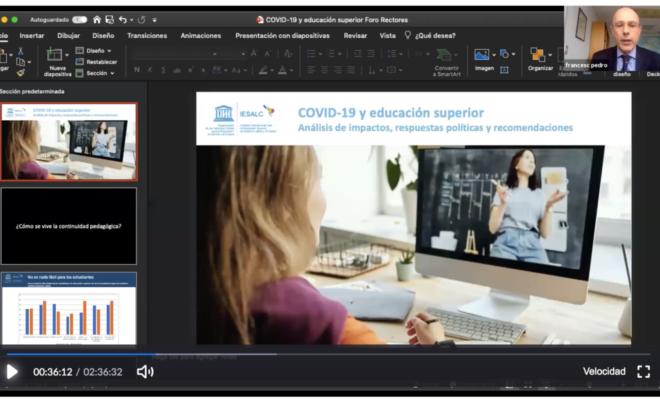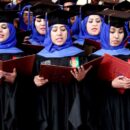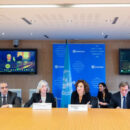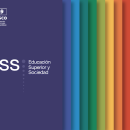Webinar Panama: COVID-19 and Higher Education. Impacts and Challenges

The International Institute for Higher Education in Latin America and the Caribbean participated in an educational forum, organized by the Universidad de Panamá, where the impacts and challenges of the COVID-19 pandemic on Higher Education were discussed.
The activity began with the participation of the rector of the Universidad de Panamá, Eduardo Flores Castro, who emphasized that the best way to integrate Latin America is through education: “When diplomatic relations between countries are broken, we academics continue to communicate. Therefore education is the lifeline for Latin America and the world”.
Next, Aracelly León, director of the Instituto Centroamericano de Administración y Supervisión de la Educación ICASE (Central American Institute for Administration and Supervision of Education) was in charge, along with the vice-rector for Extension of the Universidad de Panamá, Denis Javier Chávez, to present the participation of Francesc Pedró, director of IESALC, who shared with the virtual assistants the Institute’s most recent study: COVID-19 and Higher Education, from the immediate effects to the day after.
Prior to IESALC’s participation, Chávez highlighted the Institute’s mission and vision, which address collaboration in the development of higher education systems and the promotion of education as a public duty and a universal right. He also stressed that IESALC’s conference comes at a time when universities around the world are experiencing a pandemic that has aggravated internal difficulties and presented new problems. He concluded by assuring that there are many opportunities in the face of the crisis, but that in order to overcome them it is indispensable for States to give priority to education and especially to higher education: it would be unacceptable that no real transformations be made to the university education system.
The Director of IESALC shared the IESALC report: COVID-19 and Higher Education. Analysis of impacts, policy responses and recommendations, in which the aspects affected by the pandemic are presented: the reduction of fees, the closure of universities and their consolidation, the layoff of professors and university support staff, the proletarianisation of teaching and the reduction of public spending on higher education, among others.
However, in view of the need to also talk and debate about “the new normality”, the question about what will the reopening be like, arises. According to Pedró, there are three major moments based on UNESCO’s fundamental principles: ensuring the right to education, leaving no student behind, and improving the quality of the higher education experience.
“The first two steps are inevitable and universal: to continue and to reopen…We believe, and the University of Panama is no exception in this sense, that what is being done and must be done while the closure – of the HEI – continues, is to support students and teachers, particularly with technological support, but also with pedagogical and in some cases socio-emotional support, to ensure that we do not lose anyone…”.
Similarly, he said that changes must be taken into account which, whether due to health or organizational imperatives, will lead to a very different educational experience.
In closing, he emphasized that “just as no one seemed to have a contingency plan for the emergency situation, now we would have no excuses if we did not adequately plan how we want this reopening to be, guaranteeing all health aspects, but also the global experience that must characterize the university”.
The director of IESALC requested to pay a lot of attention and dedication to the time needed to make up for the time that the activities were paralyzed, even during the distance education. It is imperative to detect the losses that students present before moving forward with new content.
RELATED ITEMS
